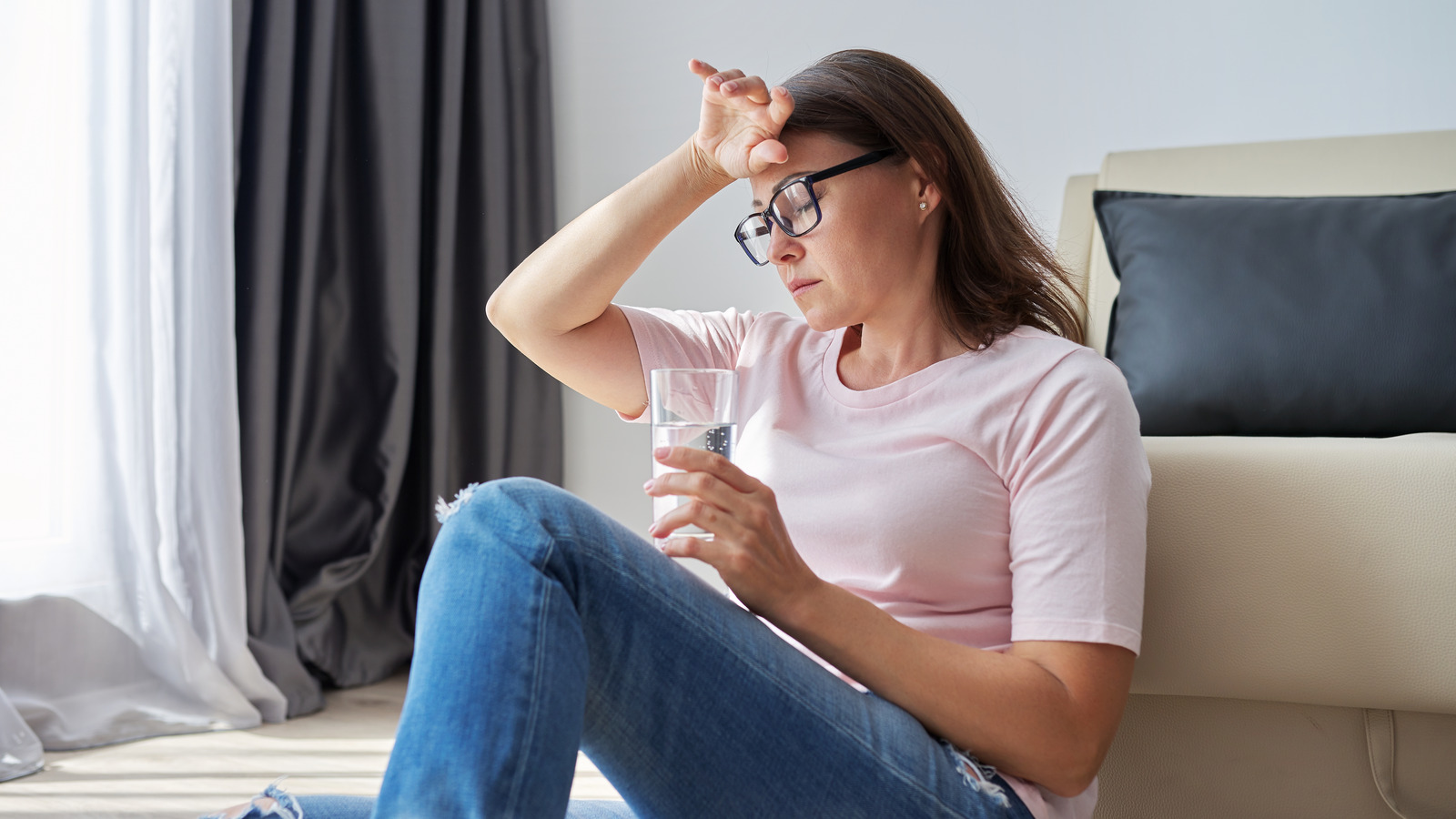Tap Water vs. Bottled Water: Which Is Better?
Introduction:
Water is an essential component of our daily lives, and it is crucial to stay hydrated for maintaining optimal health. When it comes to consuming water, people often have to choose between tap water and bottled water. The debate over which is better has been a subject of discussion for years. In this comprehensive guide, we will examine the various factors associated with tap water and bottled water to help you make an informed decision.
Safety and Regulation:
Tap Water: Tap water is regulated by government agencies, such as the Environmental Protection Agency (EPA) in the United States, which sets strict standards for water quality. Municipalities are required to regularly test tap water and provide reports to the public. Water treatment facilities use processes like filtration, chlorination, and fluoridation to ensure that tap water is safe to drink.
Bottled Water: Bottled water is regulated by the Food and Drug Administration (FDA) in the United States. However, the FDA’s regulations for bottled water are not as stringent as those for tap water. Bottled water companies are responsible for testing and ensuring the safety of their products, but there have been instances of contaminants found in bottled water.
Cost:
Tap Water: Tap water is significantly cheaper than bottled water. In most developed countries, tap water is treated and distributed through a public water system, and consumers only pay a small fee for the water they use. This makes tap water a more cost-effective option, especially for daily hydration needs.
Bottled Water: Bottled water is considerably more expensive than tap water. The costs associated with manufacturing, packaging, and transporting bottled water contribute to its higher price. Individuals who rely solely on bottled water for their drinking needs may find it to be a significant financial burden in the long run.
Environmental Impact:
Tap Water: Opting for tap water over bottled water can have a positive environmental impact. Municipal water systems have the infrastructure in place to deliver water directly to homes, eliminating the need for single-use plastic bottles. This reduces plastic waste and the energy required for manufacturing and transportation.
Bottled Water: Bottled water consumption contributes to environmental issues, primarily due to the production and disposal of plastic bottles. According to the Earth Policy Institute, it takes three times the volume of water to manufacture a plastic bottle than the amount of water it can hold. Additionally, plastic bottles often end up in landfills or as litter, polluting the environment.
Quality and Taste:
- Tap Water: The taste and quality of tap water can vary depending on the location. In many areas, tap water undergoes rigorous treatment processes to remove impurities and ensure its safety. However, some people may find the taste of tap water to be less desirable due to added chemicals like chlorine or variations in mineral content.
- Bottled Water: Bottled water is often marketed as having superior taste and quality. Some individuals prefer the taste of bottled water because it is typically filtered or sourced from natural springs. However, taste preferences can vary greatly, and what one person finds appealing, another might not.
Convenience and Accessibility:
- Tap Water: Tap water is readily accessible in most homes and public places. With the simple turn of a faucet, you can have instant access to clean drinking water. This convenience eliminates the need to carry around heavy bottles and ensures a constant supply of water.
- Bottled Water: Bottled water offers convenience in terms of portability. It is readily available in stores, vending machines, and other establishments, making it convenient for on-the-go hydration. However, relying solely on bottled water means you need to purchase and carry bottles with you, which can be inconvenient and may contribute to plastic waste.
Conclusion:
The choice between tap water and bottled water ultimately depends on personal preferences, circumstances, and priorities. While tap water is generally considered safe, cost-effective, and environmentally friendly, some individuals may prefer the taste or convenience of bottled water. It is important to consider the quality, safety, cost, environmental impact, and accessibility when making a decision. Ultimately, making a conscious effort to reduce single-use plastic and promoting sustainable water consumption practices can benefit both individuals and the environment.
- Top CBD Products for Dogs A Comprehensive Review By The Veritas Farms - September 11, 2024
- 11 Natural Ways to Reduce Symptoms of Menopause - July 15, 2023
- Joyful CBD Hot Chocolate Recipe - June 23, 2023

